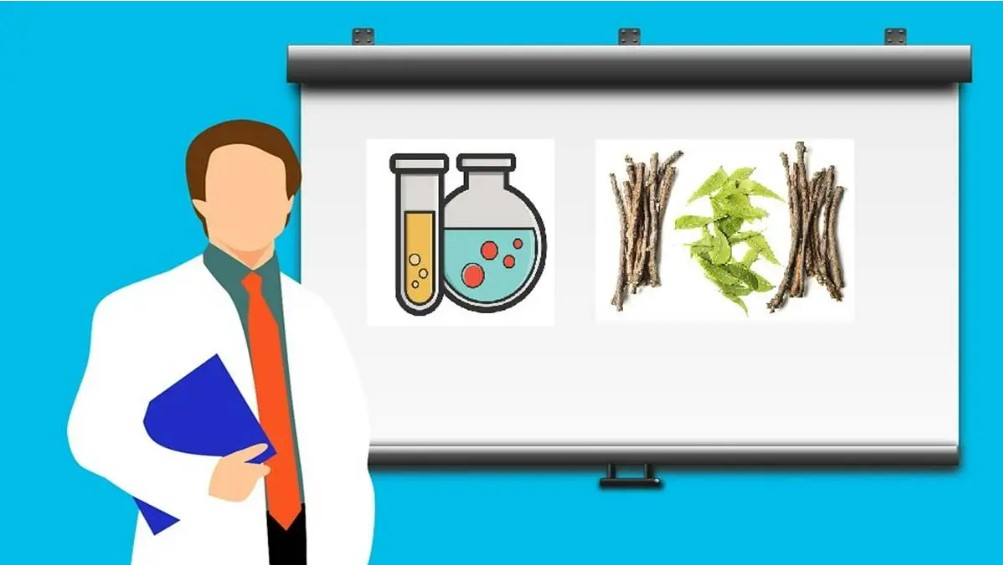The Covid-19 pandemic has put the healthcare system to the test by exposing its inadequacies. However, it has also provided a chance to build strong health systems. One can enhance the health system by merging resources from several medical systems for essential activities. A conference on integrative medicine in Kochi proposed a national policy to integrate the Ayurvedic and allopathic systems of medicine. Ayurveda, Yoga, Naturopathy, Unani, Siddha, and Homeopathy—collectively referred to as AYUSH—are the six Indian medical systems widely used and practiced in India and other Asian nations. The national implementation of the AYUSH grid aims to produce scientific data to improve the scientific accountability of Ayurvedic treatment. The National Health Policy of 2017 also strongly emphasized the promotion of integrative medicine.
The doctor-population ratio in India is 1:1456, whereas the WHO recommendation is 1:1000. However, medical pluralism in the country improves this ratio to 1:854, considering 5.65 lakh AYUSH practitioners in addition to the 80% of registered allopathic doctors. Several states and UTs availed AYUSH personnel for Covid-19 mitigation duties and AYUSH facilities for COVID Care Centers, COVID Health Centers, and Vaccination Centers. Additionally, each system of traditional medicine has research committees like the Ayurveda Graduate Institute of Teaching and Research and The Central Council for Research in Ayurvedic Sciences, comparable to the Indian Council of Medical Research (ICMR) for contemporary medicine. Hence, there is potential for knowledge sharing and synergy between modern medicine and the AYUSH medicine system in healthcare and research.
Traditional medicine, as defined by the WHO, includes manual techniques, exercises, spiritual therapies, and medicines derived from plants, animals, and minerals. These are used individually or in combination to maintain health and well-being to prevent, diagnose, and treat physical and mental illness. WHO’s Global Report on Tradition and Complementary Medicine 2019 recommends combining the best elements of traditional and Complementary Medicine (CAM) to achieve the health goals of the twenty-first century. Integrated health care is a collaborative team care approach between various western medicine, traditional therapies, indigenous and CAM health care officers.
Several states permitted Ayurvedic, Sidha, and Unani practitioners to prescribe allopathic medicines under the Drugs and Cosmetics Rules, 1945. The National Medical Commission Act provides for a limited license to AYUSH practitioners to become mid-level Community Health Providers after completing a bridge course. Ayurveda emphasizes treating both mind and body to achieve a state of good health through Yoga, Dincharya, and Ritucharya (seasonal regimen), Ahar-Vidhi (Dietetics), and Swashvritta (good health). Contrarily, modern medicine can better manage emergencies (like heart attacks and strokes), accidents, infections, pediatric illnesses, and operative circumstances. Modern and traditional systems must understand and appreciate the benefits of each other and incorporate them into their curricula to practice an integrative approach.
This integration is a crucial step in maintaining, safeguarding, and revitalizing health. The goal of integration is to preserve the unique characteristics of each system while combining their best practices. An integrative medical system can provide a continuum of care and comprehensive healthcare in India, which will also assist in achieving the Sustainable Development Goal of universal health coverage.
Integrative medicine has both supporters and detractors. There is still a dearth of evidence in support of its scientific claims. Many people have doubts about the efficacy of traditional therapy for back pain because some people respond well to certain treatments while others do not. Modern medicine is quick and follows evidence-based medical procedures. Contrastingly, traditional medicine relies heavily on natural ingredients and how they interact with and cure the body. Practicing integrative medicine is a marathon, not a sprint. Doctors on both sides must discuss and debate the scope of collaboration to provide improved and efficient healthcare in India.
Read more: Export restrictions impoverish farmers
Post Disclaimer
The opinions expressed in this essay are those of the authors. They do not purport to reflect the opinions or views of CCS.






